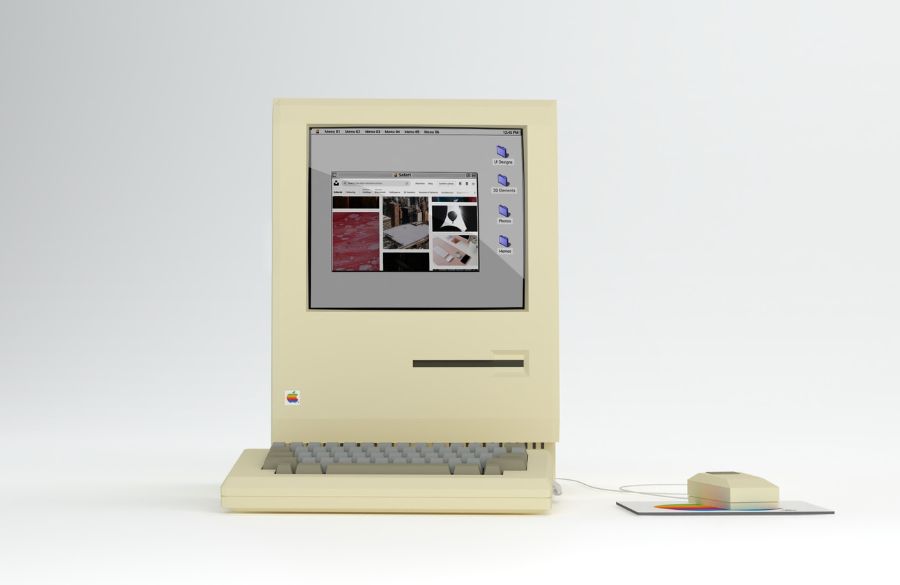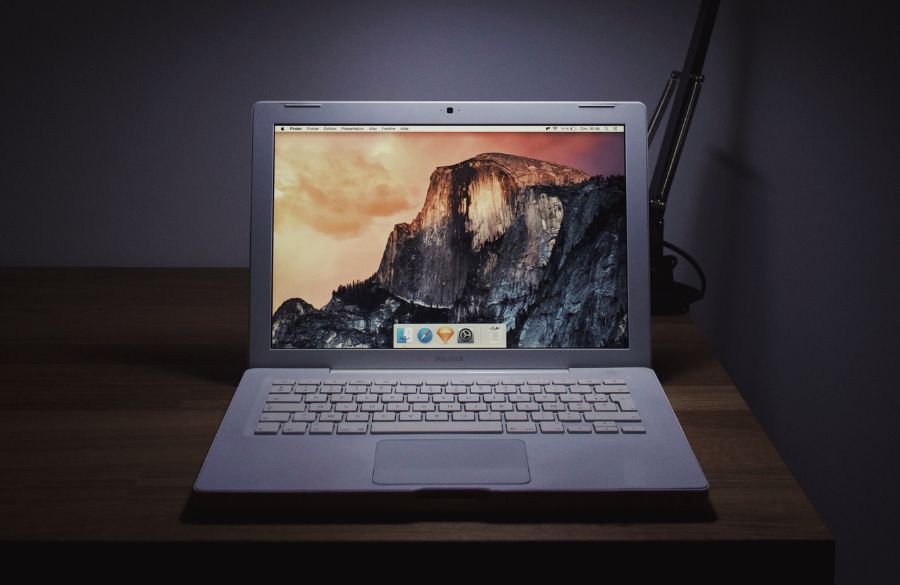Like most people, you probably use your computer for various tasks such as browsing the internet, checking email, and maybe even streaming movies or TV shows. But over time, your computer can start to slow down and become less efficient. So how can you clean up your computer and make it run like new again? Here are a few tips:
Uninstall any unused programs
To do this, go to the Control Panel and click "Add or Remove Programs." This will bring up a list of all the programs installed on your computer. Take a look through the list and if there are any that you don't use, click on them and select "Uninstall."

Delete any unnecessary files
To access the hard drive, go to My Computer. This is typically the C: drive on Windows. Look through the folders and get rid of anything unnecessary. This includes old documents, photos, and music files that you no longer listen to.
Run a virus scan to ensure your computer is free of malware
Viruses come in many forms and can often be disguised as legitimate programs. They can cause your computer to run slowly and even steal your personal information. To protect yourself, it's essential to run a virus scan regularly. Many free antivirus programs are available, so there's no excuse not to have one installed. To do a virus scan, you can use a program like Microsoft Security Essentials, free to download. Once the scan is complete, delete any infected files that are found.
Update your drivers
Out-of-date drivers can cause various problems, including crashes and errors. Drivers play a vital role in how your computer runs, so it's essential to keep them up-to-date. You can usually find the latest drivers for your video card, sound card, and other hardware on the manufacturer's website. These are generally free to download and install. Download the latest versions to update your drivers.
Defragment your hard drive
This operation reorganizes the files on your hard disk to store them more effectively. Your computer's speed and functionality may be enhanced through defragmentation. To defragment your hard drive, go to the Start menu and type "defrag" into the search box. This will bring up the Disk Defragmenter program. Select the hard drive that you want to defragment and click on "Defrag."
Make sure your computer is set to go into standby or hibernate mode when it's not in use
This will help conserve energy and improve its lifespan. To do this, go to the Control Panel and click "Power Options." Then, select the power plan that you want to use and click on "Change Plan Settings." Under the "Advanced" tab, you'll see the options for standby and hibernation. Select whichever one you want to use and then click on "Save Changes."
Upgrade your hardware if possible
Upgrading the hardware can be expensive, but it will make a big difference in performance. Some standard upgrades include adding more RAM or getting a faster processor. The more RAM you have, the faster your computer will be. You can upgrade your RAM by adding more memory sticks to your computer. A faster processor will make your computer run faster. A new CPU can be installed to upgrade your current one, or you can overclock your current processor.
Overclocking is when you increase the speed of your processor beyond what it was designed to run at. You can do this by changing settings in the BIOS or using special software. Overclocking can void your warranty and damage your hardware, so it's not for everyone. But if you're feeling adventurous, it can be a great way to get more speed out of your computer.

Physically dust it off
Over time, dust can build up on the components inside your computer. This can cause your computer to overheat and damage the components. To prevent this, you should open up your computer case and dust off the parts with a can of compressed air. Be careful not to touch any of the components with your bare hands.
Get new peripherals
If your computer is old, the peripherals might also be outdated. Components like the keyboard and mouse can significantly affect how comfortable you are using your computer.
Conclusion
Paying attention to the above steps may prolong your computer's lifespan and increase its usage. Remember that all computers will eventually need to be replaced. However, you may extend the life of your computer and prevent frequently replacing it by taking care and keeping it updated.











